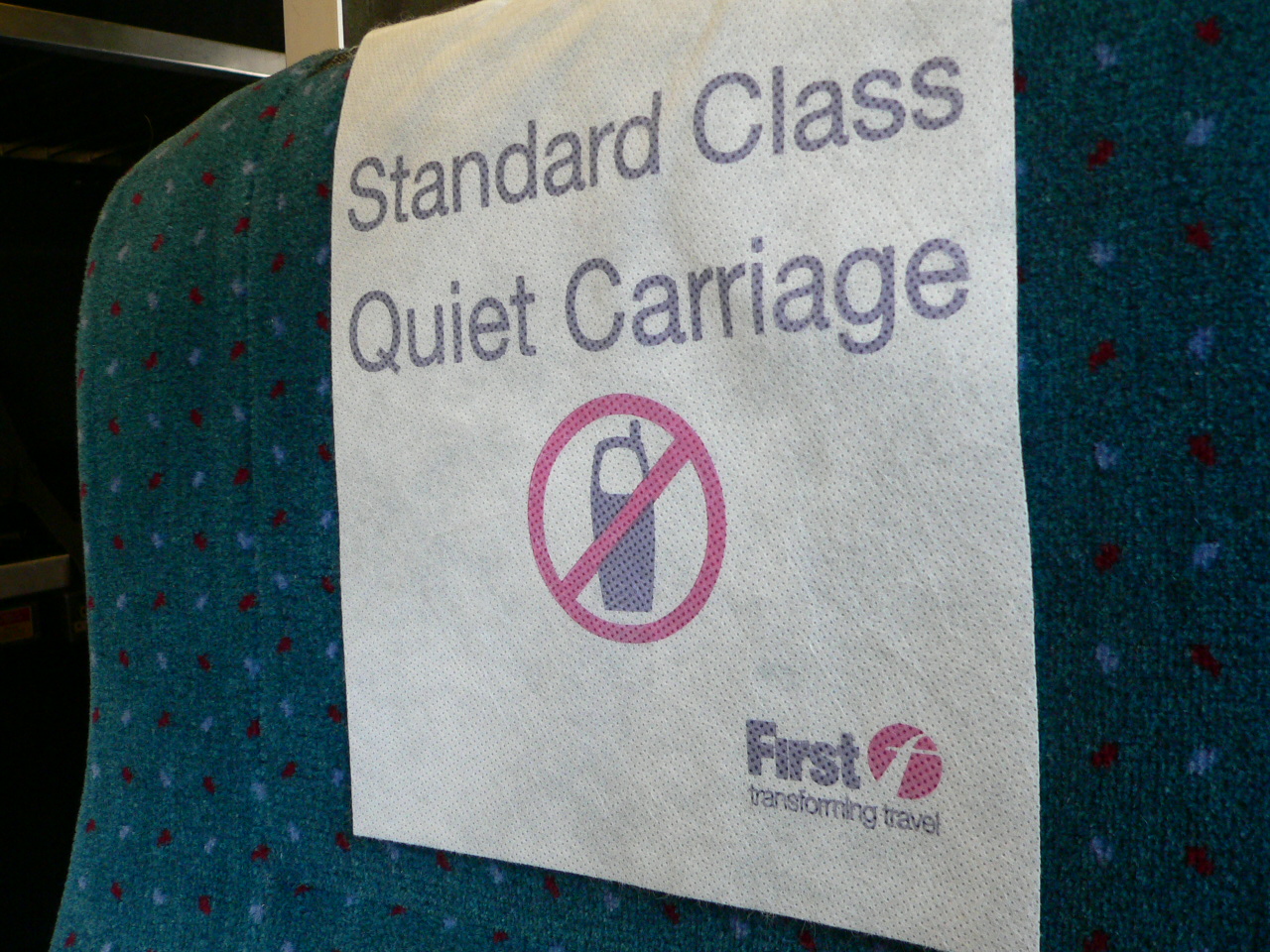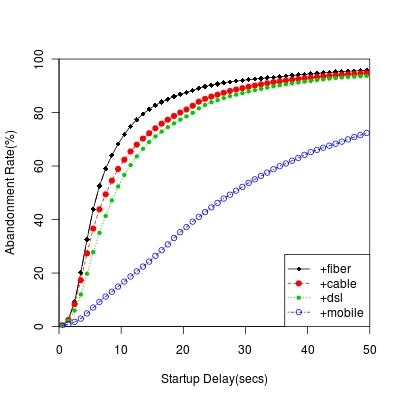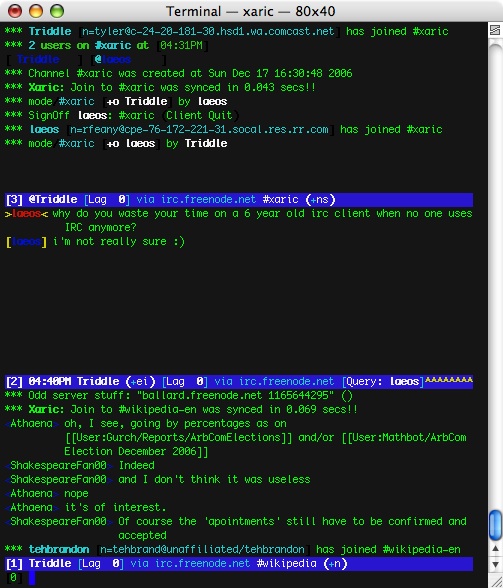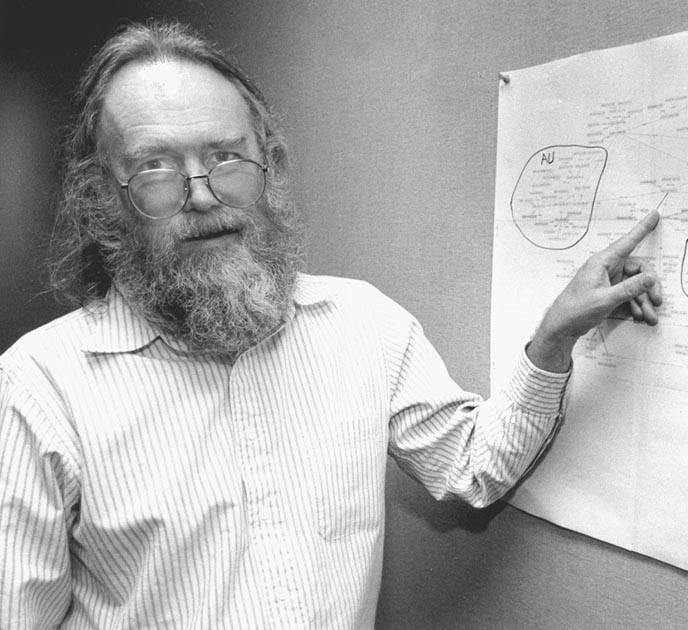|
Netizen
The term ''netizen'' is a portmanteau of the English words ''internet'' and ''citizen'', as in a "citizen of the net" or "net citizen". It describes a person actively involved in online communities or the Internet in general.''The Net and Netizens by Michael Hauben'' , Columbia University. The term also commonly implies an interest and active engagement in improving the internet, making it an intellectual and a social resource, or its surrounding political structures, especially in regard to , and [...More Info...] [...Related Items...] OR: [Wikipedia] [Google] [Baidu] [Amazon] |
Internet Terminology
The Internet (or internet) is the global system of interconnected computer networks that uses the Internet protocol suite (TCP/IP) to communicate between networks and devices. It is a network of networks that consists of private, public, academic, business, and government networks of local to global scope, linked by a broad array of electronic, wireless, and optical networking technologies. The Internet carries a vast range of information resources and services, such as the interlinked hypertext documents and applications of the World Wide Web (WWW), electronic mail, internet telephony, streaming media and file sharing. The origins of the Internet date back to research that enabled the time-sharing of computer resources, the development of packet switching in the 1960s and the design of computer networks for data communication. The set of rules (communication protocols) to enable internetworking on the Internet arose from research and development commissioned i ... [...More Info...] [...Related Items...] OR: [Wikipedia] [Google] [Baidu] [Amazon] |
Reporters Without Borders
Reporters Without Borders (RWB; ; RSF) is an international non-profit and non-governmental organisation, non-governmental organization headquartered in Paris, which focuses on safeguarding the right to freedom of information. It describes its advocacy as founded on the belief that everyone requires access to the news and information, in line with Article 19 of the Universal Declaration of Human Rights that recognises the right to receive and share information regardless of frontiers, along with other international rights charters. RSF has consultative status at the United Nations, UNESCO, the Council of Europe, and the Organisation internationale de la Francophonie, International Organisation of the Francophonie. Activities RSF works on the ground in defence of individual journalists at risk and at the highest levels of government and international forums to defend the right to freedom of expression and information. It provides daily briefings and press releases on threats to ... [...More Info...] [...Related Items...] OR: [Wikipedia] [Google] [Baidu] [Amazon] |
Internet
The Internet (or internet) is the Global network, global system of interconnected computer networks that uses the Internet protocol suite (TCP/IP) to communicate between networks and devices. It is a internetworking, network of networks that consists of Private network, private, public, academic, business, and government networks of local to global scope, linked by a broad array of electronic, Wireless network, wireless, and optical networking technologies. The Internet carries a vast range of information resources and services, such as the interlinked hypertext documents and Web application, applications of the World Wide Web (WWW), email, electronic mail, internet telephony, streaming media and file sharing. The origins of the Internet date back to research that enabled the time-sharing of computer resources, the development of packet switching in the 1960s and the design of computer networks for data communication. The set of rules (communication protocols) to enable i ... [...More Info...] [...Related Items...] OR: [Wikipedia] [Google] [Baidu] [Amazon] |
Information Society
An information society is a society or subculture where the usage, Content creation, creation, information distribution, distribution, manipulation and information integration, integration of information is a significant activity. Its main drivers are information and communication technologies, which have resulted in rapid growth of a variety of forms of information. Proponents of this theory posit that these technologies are impacting most important forms of social organization, including education, economy, health, government, warfare, and levels of democracy. The people who are able to partake in this form of society are sometimes called either computer users or even digital citizens, defined by K. Mossberger as “Those who use the Internet regularly and effectively”. This is one of many dozen internet terms that have been identified to suggest that humans are entering a new and different phase of society. Some of the markers of this steady change may be technological, econ ... [...More Info...] [...Related Items...] OR: [Wikipedia] [Google] [Baidu] [Amazon] |
Social Age
Social AgeAzua, Maria (2009) The Social Factor, IBM Press, encompasses both societal and technological changes succeeding the Information Age. It is divergent from the Information Age as it gives more prominence to social factors when adopting and/or extending technology and information. It further broadens the definition of Attention Age because the Social Age focuses on many forms of societal interactions including online relationships, collaboration and sharing. See also * Digital citizen * Information Age * Information society * Netizen * Network society * Social media * Social networking service * Social innovation * Social technology * Sociotechnology * Technological innovation * Technology and society Technology, society and life or technology and culture refers to the inter-dependency, co-dependence, co-influence, and co-production (society), co-production of technology and society upon one another. Evidence for this synergy has been found s ... References {{Refl ... [...More Info...] [...Related Items...] OR: [Wikipedia] [Google] [Baidu] [Amazon] |
Netiquette
Etiquette in technology, colloquially referred to as netiquette, is a term used to refer to the unofficial code of policies that encourage good behavior on the Internet which is used to regulate respect and polite behavior on social media platforms, online chatting sites, web forums, and other online engagement websites. The rules of etiquette that apply when communicating over the Internet are different from these applied when communicating in person or by audio (such as telephone) or video call. It is a social code that is used in all places where one can interact with other human beings via the Internet, including text messaging, email, online games, Internet forums, chat rooms, and many more. Although social etiquette in real life is ingrained into our social life, netiquette is a fairly recent concept. It can be a challenge to communicate on the Internet without misunderstandings mainly because input from facial expressions and body language is absent in cyberspace. Therefor ... [...More Info...] [...Related Items...] OR: [Wikipedia] [Google] [Baidu] [Amazon] |
Digital Citizen
The term digital citizen is used with different meanings. According to the definition provided by Karen Mossberger, one of the authors of ''Digital Citizenship: The Internet, Society, and Participation'', digital citizens are "those who use the internet regularly and effectively." In this sense, a digital citizen is a person using information technology (IT) in order to engage in society, politics, and government. More recent elaborations of the concept define digital citizenship as the self-enactment of people’s role in society through the use of digital technologies, stressing the empowering and democratizing characteristics of the citizenship idea. These theories aim at taking into account the ever increasing datafication of contemporary societies (as can be symbolically linked to the Snowden leaks), which radically called into question the meaning of “being (digital) citizens in a datafied society”, also referred to as the “algorithmic society”, which is character ... [...More Info...] [...Related Items...] OR: [Wikipedia] [Google] [Baidu] [Amazon] |
Net Neutrality
Net neutrality, sometimes referred to as network neutrality, is the principle that Internet service providers (ISPs) must treat all Internet communications equally, offering User (computing), users and online content providers consistent transfer rates regardless of content, website, computing platform, platform, application software, application, type of equipment, source address, destination address, or method of communication (i.e., without price discrimination). Net neutrality was advocated for in the 1990s by the presidential administration of Presidency of Bill Clinton, Bill Clinton in the United States. Clinton signed of the Telecommunications Act of 1996, an amendment to the Communications Act of 1934. In 2025, an American court ruled that Internet companies should not be regulated like utilities, which weakened net neutrality regulation and put the decision in the hands of the United States Congress and state legislatures. Supporters of net neutrality argue that it p ... [...More Info...] [...Related Items...] OR: [Wikipedia] [Google] [Baidu] [Amazon] |
Online Community
An online community, also called an internet community or web community, is a community whose members engage in computer-mediated communication primarily via the Internet. Members of the community usually share common interests. For many, online communities may feel like home, consisting of a "family of invisible friends". Additionally, these "friends" can be connected through gaming communities and gaming companies. An online community can act as an information system where members can post, comment on discussions, give advice or collaborate, and includes medical advice or specific health care research as well. Commonly, people communicate through social networking sites, chat rooms, forums, email lists, and discussion boards, and have advanced into daily social media platforms as well. This includes Facebook, Twitter, Instagram, Discord, etc. People may also join online communities through video games, blogs, and virtual worlds, and could potentially meet new significa ... [...More Info...] [...Related Items...] OR: [Wikipedia] [Google] [Baidu] [Amazon] |
Citizen
Citizenship is a membership and allegiance to a sovereign state. Though citizenship is often conflated with nationality in today's English-speaking world, international law does not usually use the term ''citizenship'' to refer to nationality; these two notions are conceptually different dimensions of collective membership. Generally citizenships have no expiration and allow persons to work, reside and vote in the polity, as well as identify with the polity, possibly acquiring a passport. Though through discriminatory laws, like disfranchisement and outright apartheid, citizens have been made second-class citizens. Historically, populations of states were mostly subjects, while citizenship was a particular status which originated in the rights of urban populations, like the rights of the male public of cities and republics, particularly ancient city-states, giving rise to a civitas and the social class of the burgher or bourgeoisie. Since then states have expan ... [...More Info...] [...Related Items...] OR: [Wikipedia] [Google] [Baidu] [Amazon] |
Participatory Culture
Participatory culture, an opposing concept to consumer culture, is a culture in which private individuals (the public) do not act as consumers only, but also as contributors or producers (prosumers). The term is most often applied to the production or creation of some type of published media. Overview Recent advances in technologies (mostly personal computers and the Internet) have enabled private persons to create and publish such media, usually through the Internet. Since technology now enables new forms of expression and engagement in public discourse, participatory culture not only supports individual creation but also informal relationships that pair novices with experts.Jenkins, Henry, Puroshotma, Ravi, Clinton, Katherine, Weigel, Margaret, & Robison, Alice J. (2005). Confronting the Challenges of Participatory Culture: Media Education for the 21st Century, available at http://www.newmedialiteracies.org/wp-content/uploads/pdfs/NMLWhitePaper.pdf. Retrieved on 2/4/2013. Thi ... [...More Info...] [...Related Items...] OR: [Wikipedia] [Google] [Baidu] [Amazon] |
List Of Internet Pioneers
Instead of having a single inventor, the Internet was developed by many people over many years. The following people are Internet pioneers who have been recognized for their contribution to its early and ongoing development. These contributions include theoretical foundations, building early networks, specifying protocols, and expansion beyond a research tool to wide deployment. This list includes people who were: * acknowledged by Vint Cerf and Bob Kahn in their seminal 1974 paper on internetworking, "A Protocol for Packet Network Intercommunication";'''' or * received the IEEE Internet Award; or have been * inducted into the Internet Hall of Fame; or are * included on the Stanford University "Birth of the Internet" plaque."Stanford University 'Birth of the Internet' Plaque" web page, J. Noel Chiapp ... [...More Info...] [...Related Items...] OR: [Wikipedia] [Google] [Baidu] [Amazon] |








